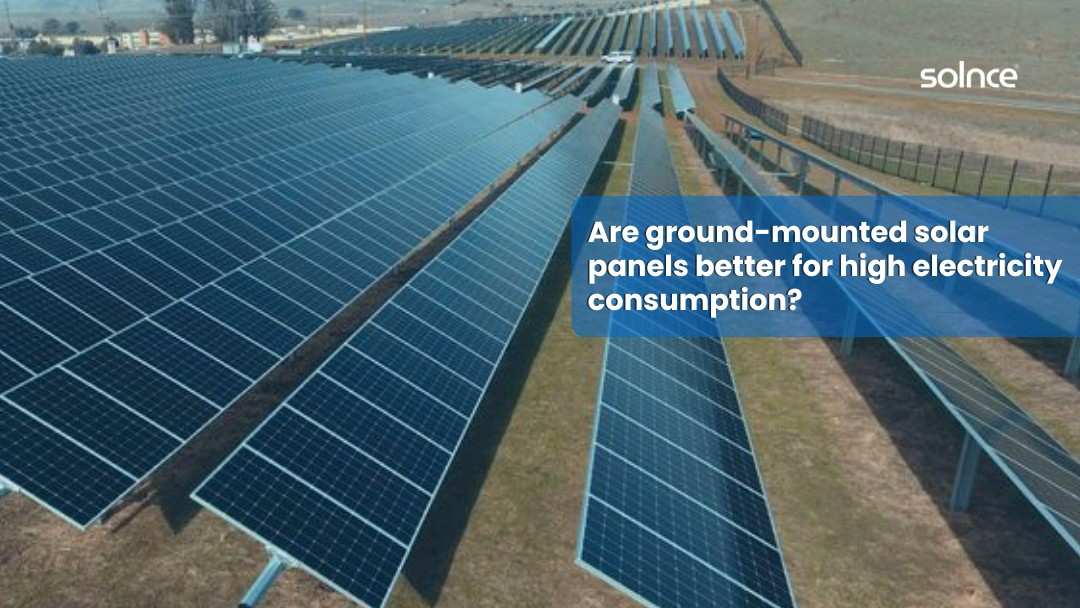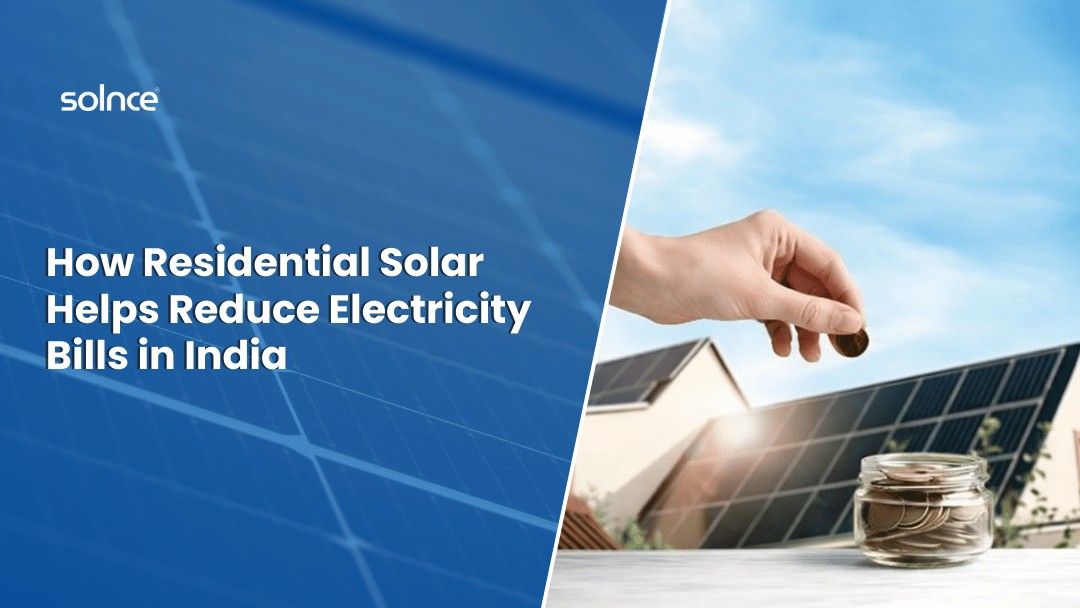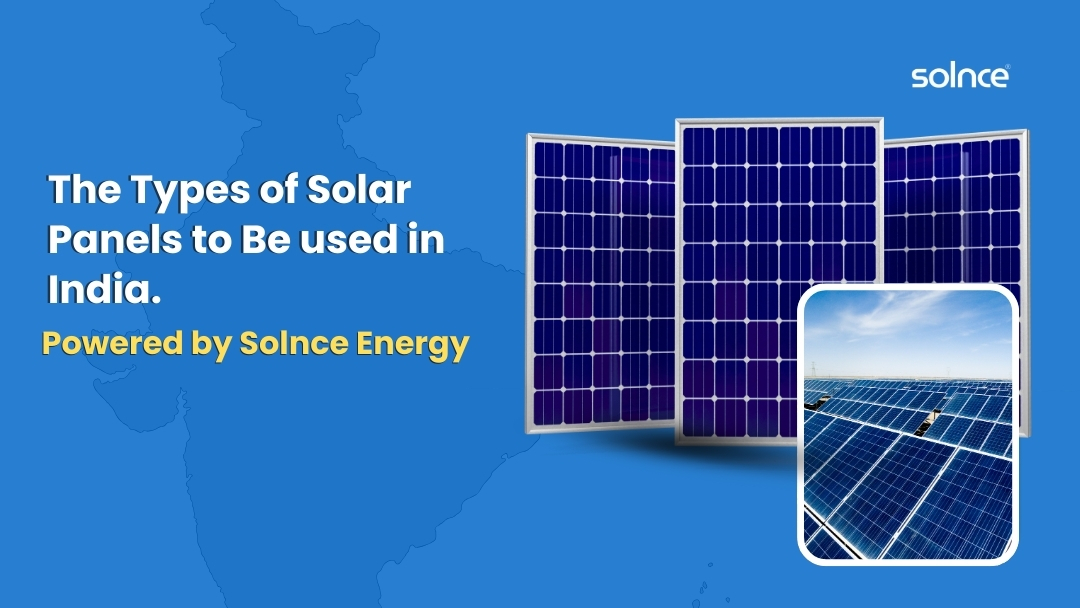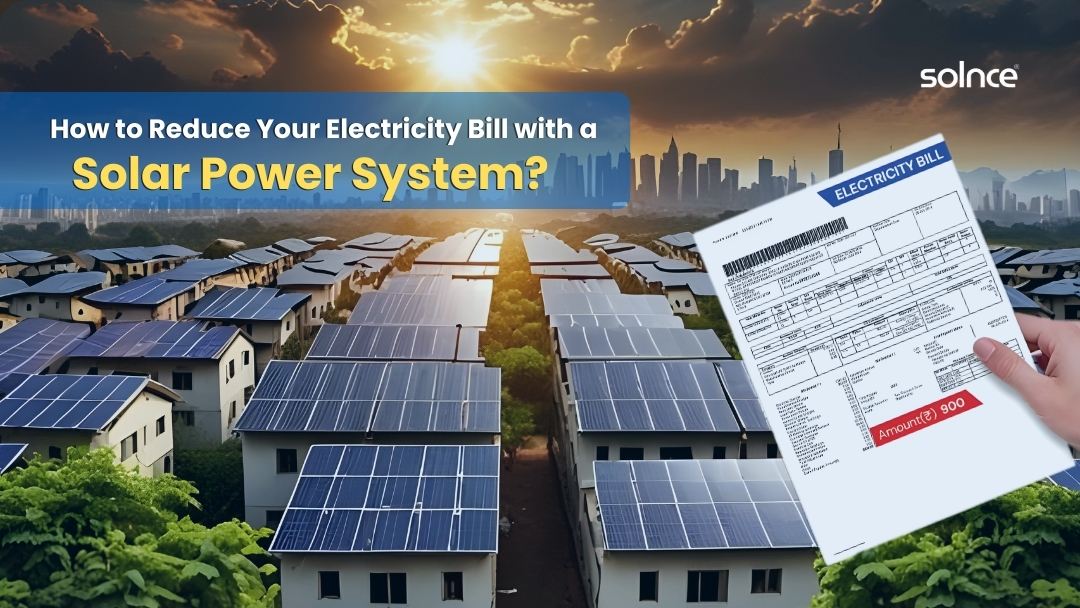
As the world moves forward to sustainable energy, solar energy becomes one of the most popular fossil fuels alternatives. But is solar energy environmentally friendly? So explore to find the ecological benefits and associated challenges.
Environmental benefits of solar energy:
.webp)
1. Impact on reduction of greenhouse gases:
Since solar energy is one of the cleanest available (as far as energy resources go), this high capability of reducing gas emissions is one utility it brings against the greenhouse effect. Of course, it is widely known that solar panels produce cleaner energy, unlike fossil fuels with their CO2 (carbon dioxide) and emissions polluting the environment. Converting to transition is one of the most adequate climate-change-prevention measures that play an important role.
2. Decreased Air pollution:
Power plants for fossil fuels are responsible for much of the air pollution due to sulfur dioxide, nitrogen oxides, and particular matter that harm people through respiratory and cardiovascular systems. Replacing these facilities with solar energy systems is beneficial for public health and environmental quality, as it leads to cleaner air in the communities.
3. Conversation of water resources:
Traditional energy production, most if not all thermoelectric and nuclear plants require huge water for cooling. On the other hand, solar panels utilize little to no water to produce power, making them suitable for places where water is scarce and protecting this valuable resource.
4. Less dependence on Non-renewable resources:
Solar is one of the abundant, renewable forms of energy by harnessing sunlight. This minimizes extraction, transport, and burning of finite materials such as coal oil, and natural gas, reducing ecosystem destruction.
5. Reducing the effects of urban heat islands:
Projects like rooftop solar panels help mitigate the effect of urban warming cities experience known as an urban heat island, by reflecting sunlight and preventing the surface from absorbing too much steam heat.
Potential Environmental Concerns of Solar Energy
Even though solar energy does not create pollution as a source of renewable energy, there are environmental challenges to face:
Manufacturing Impact:
The procedure of obtaining the raw materials that are needed to make solar panels (silicon, silver, and rare earth metals) in the process of energy and greenhouse gas emissions is very energy-consuming and greenhouse gas emitting. However the last period of sustainable manufacturing technology has developed, whose aim is to solve the problem.
Land Use and Habitat Disruption
Big solar farms need a large area, sometimes resulting in the decline of animal habitats. Some of the solutions to the issue like utilizing rooftop solar panels and the new concept of floating solar farms on water bodies, have appeared to reduce the concern of land use.
Solar Panel Waste and Recycling
Solar panels have a lifespan of 25-30 years, and improper treatment can cause environmental problems. The solar industry is developing better recycling technologies to extract valuable materials and reduce waste.
Even though these concerns still exist, the solar energy industry is becoming more environmentally friendly through the use of innovative technology and responsible practices.
Challenges to consider:
Solar energy is a great renewable source of energy offering many environmental advantages, but it is important to mitigate some of the challenges dictated by the sunlight.
1. Resource Intensive Manufacturing:
Solar panels are made from raw materials silk, silver, and rare earth will need to be mined and processed. If not well manage edit can destroy habitat and environmental pollution.
2. End of life disposal:
Solar panels have a life of 25-30 years, and as such when reaching the end of their life cycle can tend to create electronic pollution if not disposed of properly. Without recycling programs for old panels, we are no better than coal.
3. Land Use concerns:
However, large solar farms require a lot of room and may disturb ecosystems and habitats. On the other hand, some innovative solutions such as floating solar panels or placing agriculture and solar farms together can help to reduce those impacts.
Advancements in Solar Technology for a Greener Future:
Solar energy through a combination of ongoing product changes and advancements is the most efficient and most eco-friendly:
High Efficiency Panels:
New technologies, such as perovskite and bifacial solar cells, are increasing energy efficiency while simultaneously reducing the number of panels needed and lowering land use.
Eco-Friendly Manufacturing:
Companies are taking on production methods that are easy on the environment by reusing materials and reducing non-recyclables in production processes.
Improved Recycling Solutions:
Renewable advancements in the recycling of solar panels are helping to save valuable material, reduce waste, and extend technology life.
Technological enhancements that are sustainable are making solar energy in the future even more viable and renewable.
Why is solar energy better than all the negative?
Solar power is not without environmental impact but compared to fossil fuels, its ecological footprint is about nil. With the recycling of solar panels and new technology allowing for ever more efficient solar panels to be created, technological innovations have allowed it to move past the old problems with limited resources so ultimately solar energy is a more sustainable resource as time passes.
Conclusion:
Solar Energy is an environmentally friendly green renewable and sustainable alternative to fossil fuel that mitigates climate change, and enhances air and water quality.






